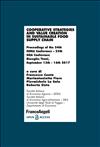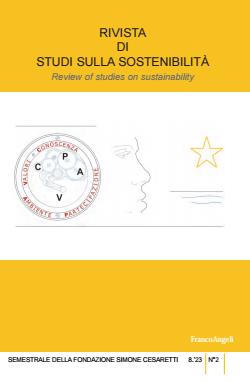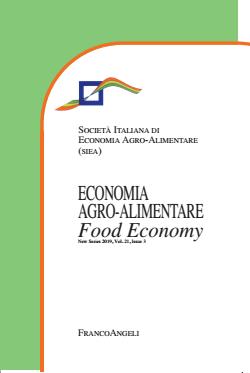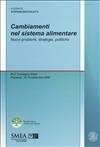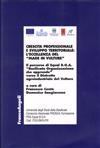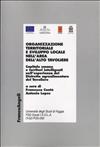The crisis in the agricultural sector in the last two years has highlighted the need to help business operators through actions that improve system efficiency and reduce costs, including through tax, financial and administrative concessions. Especially in more specialized areas, can be representative in this sense the experience of industrial districts, business networks and supply chains, in relation to which the national legislation provides tax, administrative, financial and support for research & development benefits. Specifically, it is crucial to define, in the light of the federal reform in place, the best practices that allow the definition of a model district, as a form of territorial organization of local development, such as to maximize the economic and fiscal benefits provided by Financial Laws for 2006 and 2008/09, the Law 133 of 2008 and so-colled anticrisis Law and the possible opportunities arising from the implementation of federal reforms and their impact locally. The research takes as the territorial area Lucania of Metapontino, which were promoted with great ability concertation, several partnerships in the food industry: the Agrifood District of Quality, Integrated Food Chain Projects, Programs for Local Development of the Local Action Groups. The results show, firstly, the importance of the district and food chains for the value of the area by improving the organization of business functions and governance. On the other hand, show how, through the implementation of an empirical model built on data of the regional economy, some political relief, through reduction of the interventions of social charges on the firm and the worker, may, in a perspective of local government federal, cause a positive impact on the local component of the value added and, therefore, income from capital and labor. Therefore, cooperation between the food sector stakeholders see that the variable tax tables included in the bargaining at the local level could certainly be successful for the level of welfare of economic agents.

